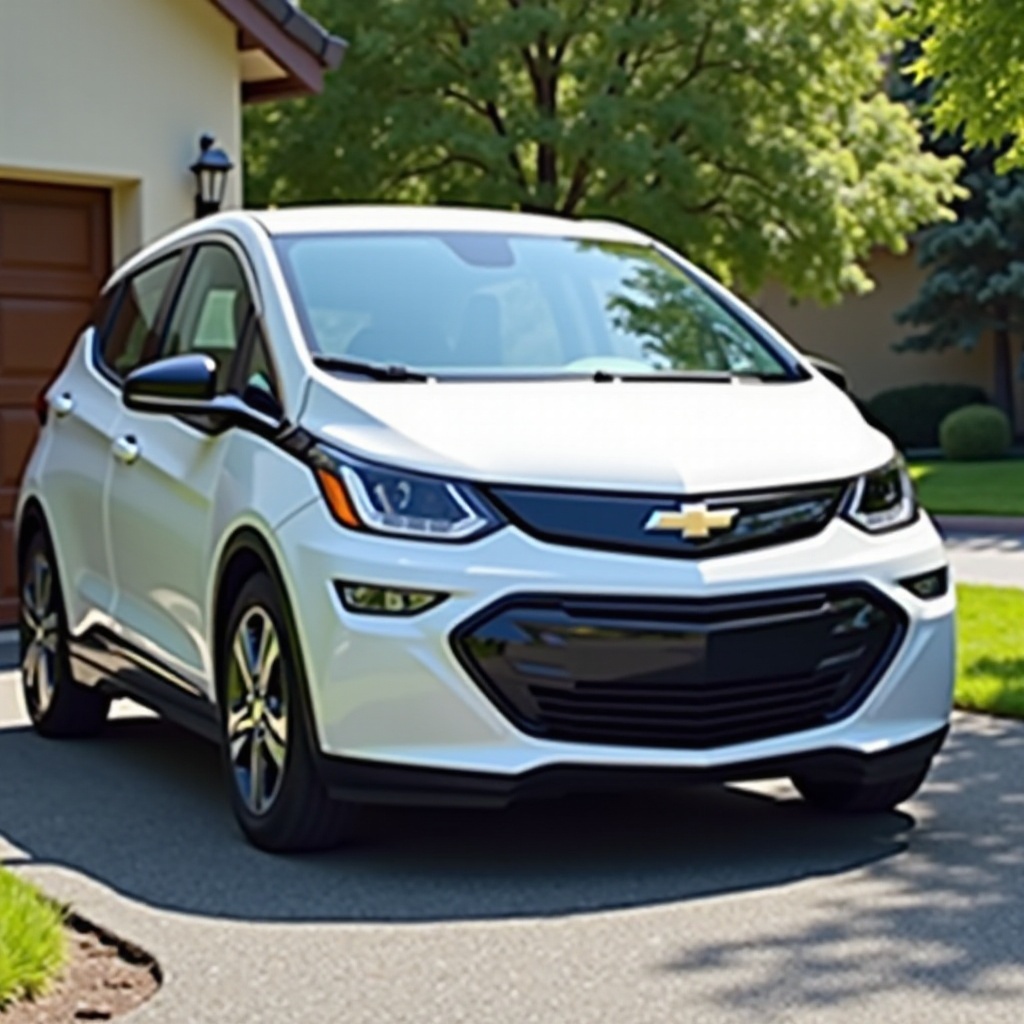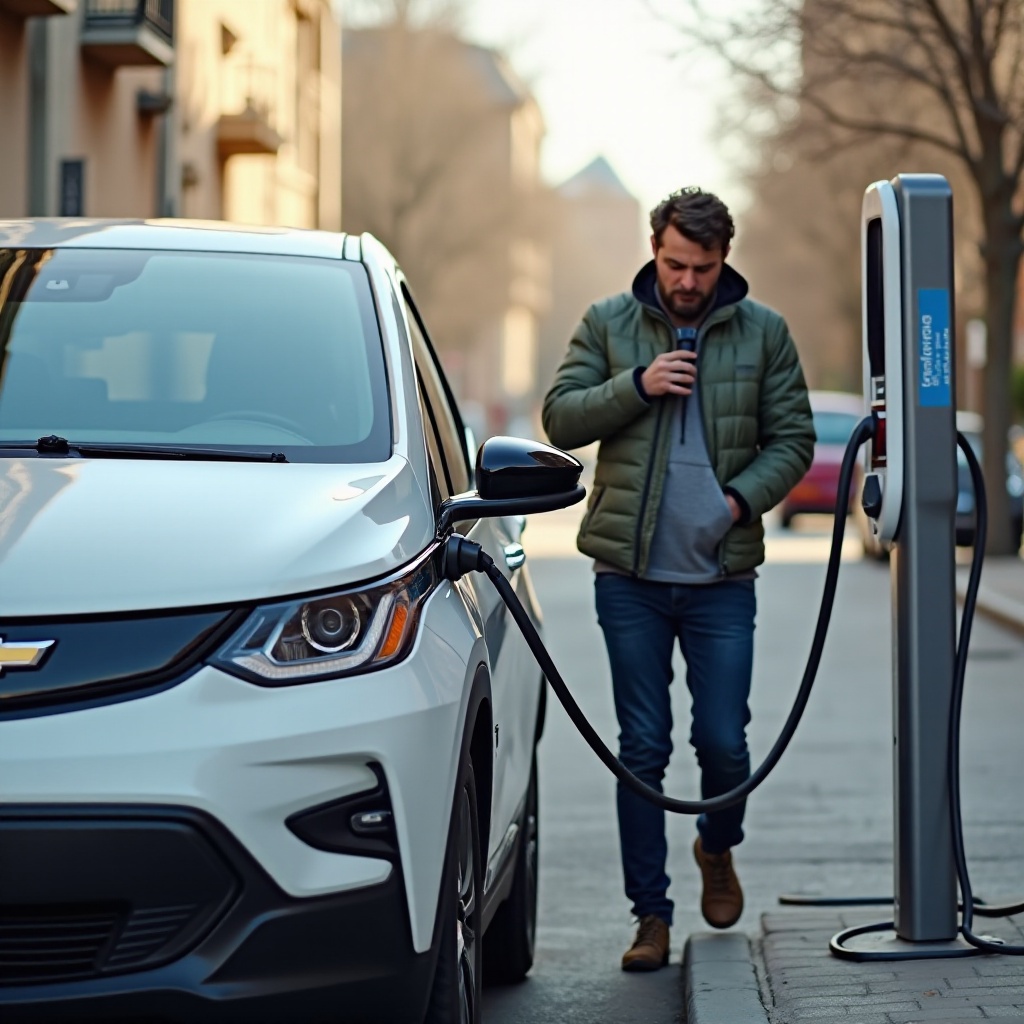Introduction
The Chevy Bolt, a popular electric vehicle from Chevrolet, has garnered attention for its eco-friendly nature and impressive performance. However, like any vehicle, it faces its share of problems and complaints. Understanding these issues can help owners make informed decisions, enhance vehicle performance, and avoid potential frustrations.
This blog will explore common Chevy Bolt problems, including battery and charging issues, electrical system failures, software glitches, mechanical issues, and customer service experiences. By the end, Chevy Bolt owners will have a comprehensive understanding to keep their vehicle in top shape.

Battery and Charging Issues
Battery Performance Variability
The battery is the heart of any electric vehicle, and the Chevy Bolt is no exception. Owners often report variability in battery performance. Factors such as driving habits, weather conditions, and overall battery age contribute to this fluctuation. In colder climates, the battery might not hold the charge as efficiently, reducing the vehicle’s range significantly.
To maintain optimal battery performance:
1. Regular Maintenance: Schedule regular check-ups to monitor battery health.
2. Optimal Charging Routines: Avoid extreme states of charge. Keeping the battery between 20% and 80% can maximize longevity.
3. Temperature Regulation: Park in sheltered areas during extreme weather conditions to protect the battery.
Charging Stations Compatibility
Finding compatible charging stations can be challenging for Chevy Bolt owners. Unlike gasoline stations, electric vehicle charging infrastructure is still developing. Not all charging stations support the Chevy Bolt, making long journeys a logistical challenge.
Key solutions include:
1. Charging Apps: Use apps like PlugShare and ChargePoint to locate compatible stations.
2. Home Charging: Consider installing a Level 2 home charger for convenience.
3. Planning Routes: Plan trips around known charging stations to prevent range anxiety.

Electrical System Failures
Common Electrical Complaints
Chevy Bolt owners sometimes face electrical system failures, which can range from minor inconveniences to major operational issues. Common complaints include malfunctioning displays, unresponsive controls, and errors in the vehicle’s warning systems. These issues can detract from the driving experience and pose safety risks.
Impact on Vehicle Operation
Electrical issues can significantly impact vehicle operation. Problems with the battery management system can lead to sudden power loss, while errors in the vehicle’s diagnostic system may cause false alarms. These interruptions not only frustrate drivers but can also compromise safety.
To address these issues:
1. Software Updates: Regularly update vehicle software to fix bugs.
2. Professional Inspections: Have the electrical system inspected by certified technicians.

Software and Infotainment Glitches
Frequent Software Malfunctions
Software glitches are another frequent complaint among Chevy Bolt owners. The infotainment system, responsible for navigation, media, and vehicle settings, often experiences bugs. Issues such as frozen screens, system crashes, and unresponsive touch controls are commonly reported.
User Experience Disruptions
These software malfunctions disrupt the user experience, making routine tasks like adjusting the climate control or using GPS cumbersome and frustrating. In some cases, the infotainment system may restart unexpectedly, wiping out preset preferences and connected devices.
To enhance user experience:
1. Regular Updates: Ensure software is updated to the latest version.
2. Reboot Techniques: Learn how to reboot the system to resolve minor glitches.
Mechanical Issues
Brake Problems
Mechanical reliability is crucial for any vehicle. Chevy Bolt owners have reported brake issues, such as early brake wear and inconsistent braking power. These problems can lead to longer stopping distances, increasing the risk of accidents. Regular maintenance and immediate attention to brake warnings can prevent accidents and ensure a smoother ride.
Suspension Concerns
Another area of concern involves the suspension system. Owners have experienced issues like noise from suspension components and a rough ride, particularly on uneven terrain. These problems can detract from the overall driving experience and harm the vehicle’s longevity.
To manage these issues:
1. Routine Inspections: Schedule regular suspension checks.
2. Prompt Repairs: Address any unusual noises or handling problems immediately.
Customer Service and Support Experience
Customer service plays a vital role in the overall ownership experience of any vehicle. Chevy Bolt owners have expressed mixed reviews about their interactions with Chevrolet’s support team. While some report positive experiences with prompt assistance, others have faced delays and unhelpful responses.
Conclusion
The Chevy Bolt offers numerous benefits but also encounters several common issues. Understanding and addressing these problems can lead to a better ownership experience and longer vehicle life. Stay proactive about maintenance, keep software updated, and seek professional help when needed to ensure your Chevy Bolt remains in excellent condition.
Frequently Asked Questions
How long does the battery last in a Chevy Bolt?
The Chevy Bolt’s battery is designed to last between 8 to 10 years or around 100,000 to 150,000 miles, depending on driving habits and maintenance.
Are there frequent recalls for the Chevy Bolt?
The Chevy Bolt has had a few recalls, primarily related to battery issues. Regularly check for recall notices to stay informed and ensure your vehicle remains safe.
How can I improve the performance of my Chevy Bolt?
To enhance performance, maintain regular service appointments, keep the software updated, drive efficiently, and follow optimal charging practices.
